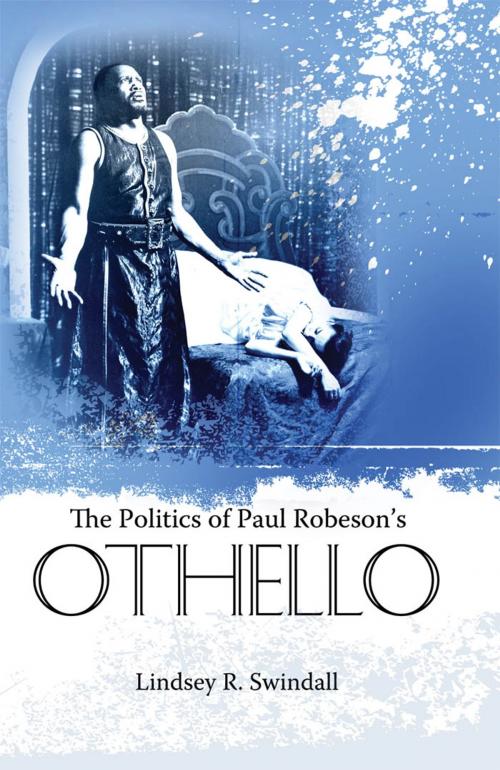The Politics of Paul Robeson's Othello
Nonfiction, Social & Cultural Studies, Social Science, Cultural Studies, African-American Studies, Entertainment, Theatre, Performing Arts| Author: | Lindsey R. Swindall | ISBN: | 9781604738254 |
| Publisher: | University Press of Mississippi | Publication: | October 27, 2010 |
| Imprint: | University Press of Mississippi | Language: | English |
| Author: | Lindsey R. Swindall |
| ISBN: | 9781604738254 |
| Publisher: | University Press of Mississippi |
| Publication: | October 27, 2010 |
| Imprint: | University Press of Mississippi |
| Language: | English |
Lindsey R. Swindall examines the historical and political context of acclaimed African American actor Paul Robeson's three portrayals of Shakespeare's Othello in the United Kingdom and the United States. These performances took place in London in 1930, on Broadway in 1943, and in Stratford-upon-Avon in 1959. All three of the productions, when considered together, provide an intriguing glimpse into Robeson's artistry as well as his political activism.
The Politics of Paul Robeson's Othello maintains that Robeson's development into a politically minded artist explicates the broader issue of the role of the African American artist in times of crisis. Robeson (1898-1976) fervently believed that political engagement was an inherent component of the role of the artist in society, and his performances demonstrate this conviction.
In the 1930 production, audiences and critics alike confronted the question: Should a black actor play Othello in an otherwise all-white cast? In the 1943 production on Broadway, Robeson consciously used the role as a form for questioning theater segregation both onstage and in the seats. In 1959, after he had become well known for his leftist views and sympathies with Communism, his performance in a major Stratford-upon-Avon production called into question whether audiences could accept onstage an African American who held radical-and increasingly unpopular-political views. Swindall thoughtfully uses Robeson's Othello performances as a collective lens to analyze the actor and activist's political and intellectual development.
Lindsey R. Swindall examines the historical and political context of acclaimed African American actor Paul Robeson's three portrayals of Shakespeare's Othello in the United Kingdom and the United States. These performances took place in London in 1930, on Broadway in 1943, and in Stratford-upon-Avon in 1959. All three of the productions, when considered together, provide an intriguing glimpse into Robeson's artistry as well as his political activism.
The Politics of Paul Robeson's Othello maintains that Robeson's development into a politically minded artist explicates the broader issue of the role of the African American artist in times of crisis. Robeson (1898-1976) fervently believed that political engagement was an inherent component of the role of the artist in society, and his performances demonstrate this conviction.
In the 1930 production, audiences and critics alike confronted the question: Should a black actor play Othello in an otherwise all-white cast? In the 1943 production on Broadway, Robeson consciously used the role as a form for questioning theater segregation both onstage and in the seats. In 1959, after he had become well known for his leftist views and sympathies with Communism, his performance in a major Stratford-upon-Avon production called into question whether audiences could accept onstage an African American who held radical-and increasingly unpopular-political views. Swindall thoughtfully uses Robeson's Othello performances as a collective lens to analyze the actor and activist's political and intellectual development.















